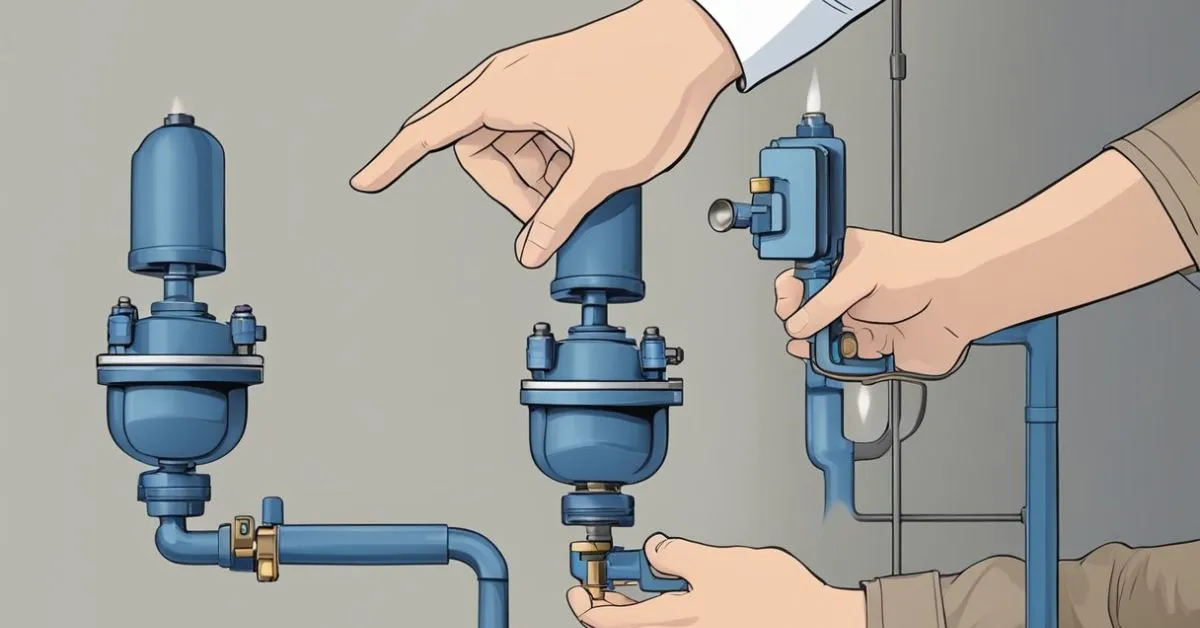TransCanada may begin preliminary work on its $8 billion Keystone XL oil pipeline project in Montana this coming autumn, with full construction in 2019, Kallanish Energy reports.
That possibility emerged last week in a letter from the U.S. State Department to Native American tribes in Montana.
The April 10 letter states the Assiniboine and Sioux tribes were being notified by the U.S. government to minimize conflicts on their territory in eastern Montana, Reuters reported.
The letter states TransCanada Keystone Pipeline L.P., a TransCanada subsidiary, intends to begin vegetation clearing in late 2018, along with building construction camps and pipe yards.
There will also be additional survey work to be done in the spring and summer of 2018, according to the letter from State’s Bureau of Oceans and International Environmental and Scientific Affairs.
TransCanada has not made a final investment decision on the project.
The company told Reuters it’s moving toward a decision and that it expects construction to begin in 2019.
Last November, the Nebraska Public Service Commission approved an alternate route in that state for the north-to-south oil pipeline. A lawsuit by pipeline opponents was filed. Another suit was filed in Montana.
In March 2017, the State Department approved the project in a reversal of its decision of two years earlier. It is involved because the pipeline crosses the international border.
In 2015, President Obama had blocked the Keystone XL project, saying it would add to global warming. President Trump reversed that decision in an executive order, soon after he took office.
The new 36-inch line would run 1,179 miles from Hardisty, Alberta, to Steele City, Neb., where it would connect to pipelines to Illinois and to the Gulf Coast.
It would transport 800,000 barrels per day of Canadian tar sands oil through Montana, South Dakota and Nebraska.
The fight over Keystone XL became a symbolic test case on global warming in the U.S.








